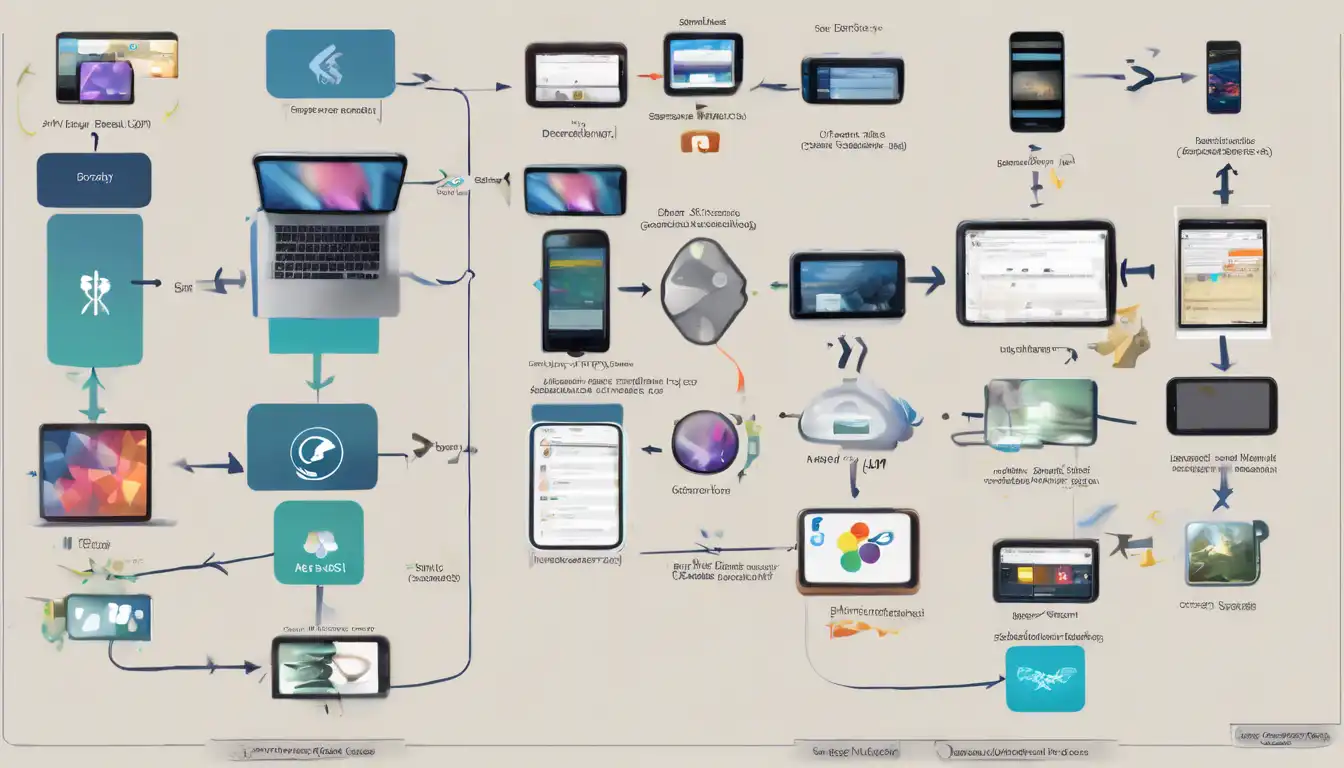Introduction to Cross-Platform Mobile Development
In today's fast-paced digital world, the demand for mobile applications is skyrocketing. Businesses and developers are constantly seeking efficient ways to build apps that run seamlessly across multiple platforms. Cross-platform mobile development tools have emerged as a game-changer, enabling developers to write code once and deploy it on both iOS and Android platforms. This article compares the top cross-platform mobile development tools, helping you make an informed decision for your next project.
Why Choose Cross-Platform Development?
Cross-platform development offers numerous benefits, including reduced development time, lower costs, and easier maintenance. By using a single codebase, developers can reach a wider audience without the need to write separate code for each platform. This approach is particularly beneficial for startups and small businesses looking to maximize their resources.
Top Cross-Platform Mobile Development Tools
1. Flutter
Developed by Google, Flutter is a popular open-source framework for building natively compiled applications for mobile, web, and desktop from a single codebase. It uses the Dart programming language and offers a rich set of customizable widgets for creating visually appealing applications.
2. React Native
React Native, created by Facebook, is another leading framework for cross-platform mobile development. It allows developers to build mobile apps using JavaScript and React. With a large community and extensive library support, React Native is a favorite among developers.
3. Xamarin
Xamarin, a Microsoft-owned framework, enables developers to build native Android, iOS, and Windows apps using C# and .NET. It provides a robust set of tools and libraries, making it a strong contender in the cross-platform development space.
4. Ionic
Ionic is a free and open-source framework that uses web technologies like HTML, CSS, and JavaScript to build cross-platform mobile applications. It is known for its simplicity and ease of use, making it ideal for beginners.
Comparing the Tools
When choosing a cross-platform development tool, consider factors such as performance, community support, ease of learning, and the specific needs of your project. Flutter and React Native are known for their high performance and extensive community support, while Xamarin and Ionic offer unique advantages for developers familiar with C# and web technologies, respectively.
Conclusion
Selecting the right cross-platform mobile development tool depends on your project requirements, team expertise, and long-term goals. By comparing the features and benefits of Flutter, React Native, Xamarin, and Ionic, you can choose the best tool to bring your mobile app idea to life. For more insights on mobile development, check out our latest article on mobile development trends.
